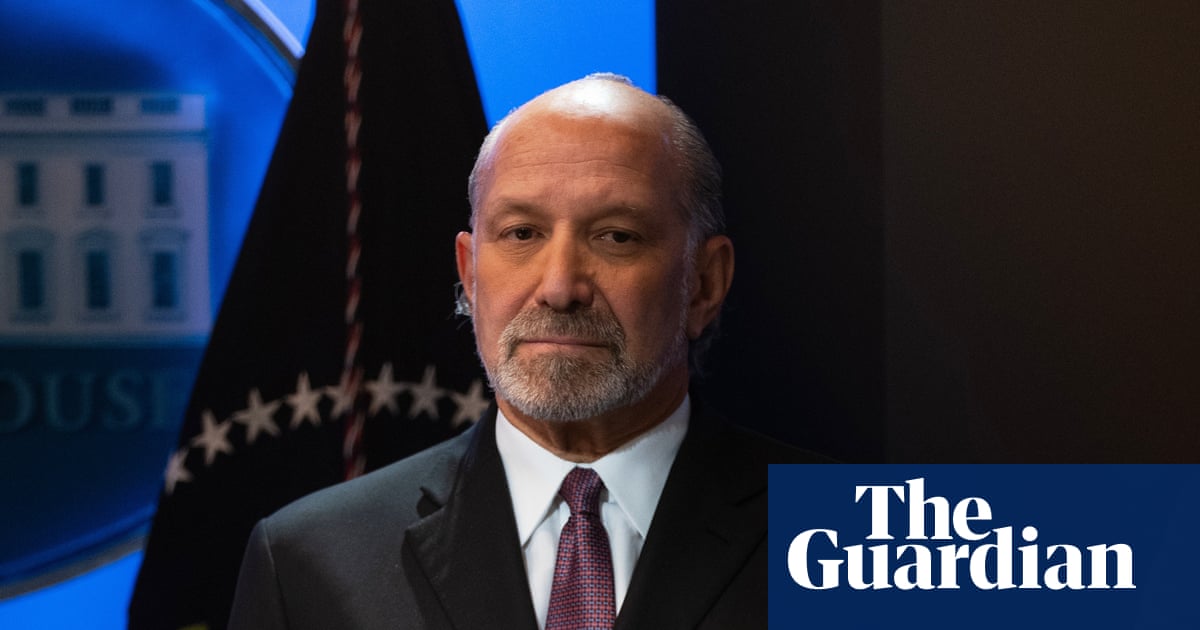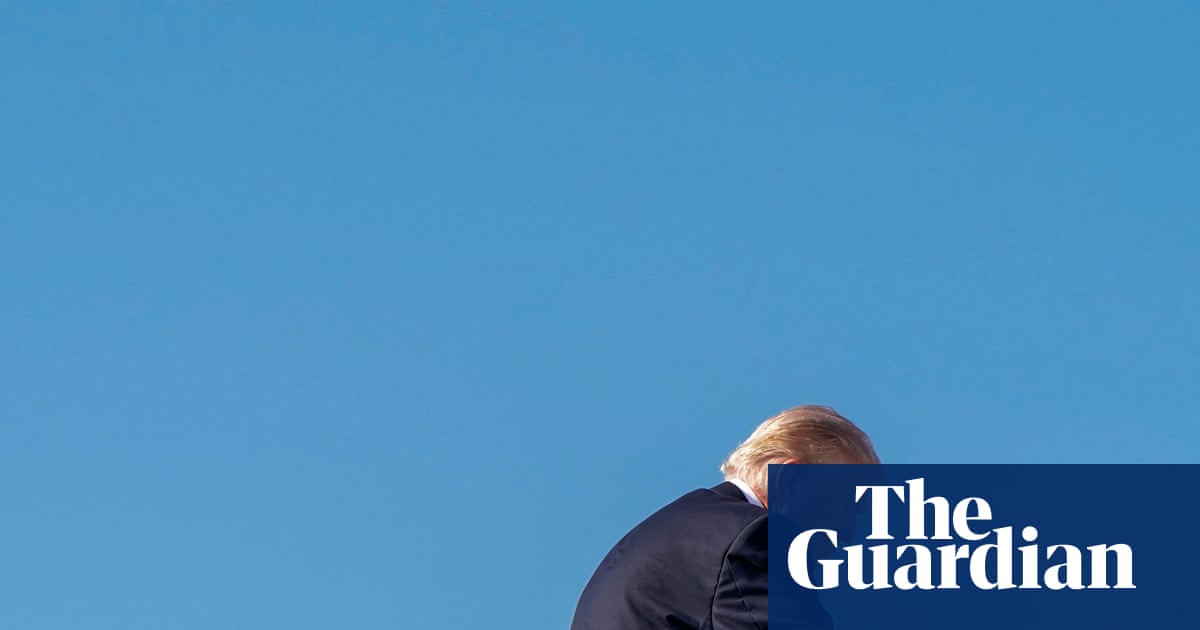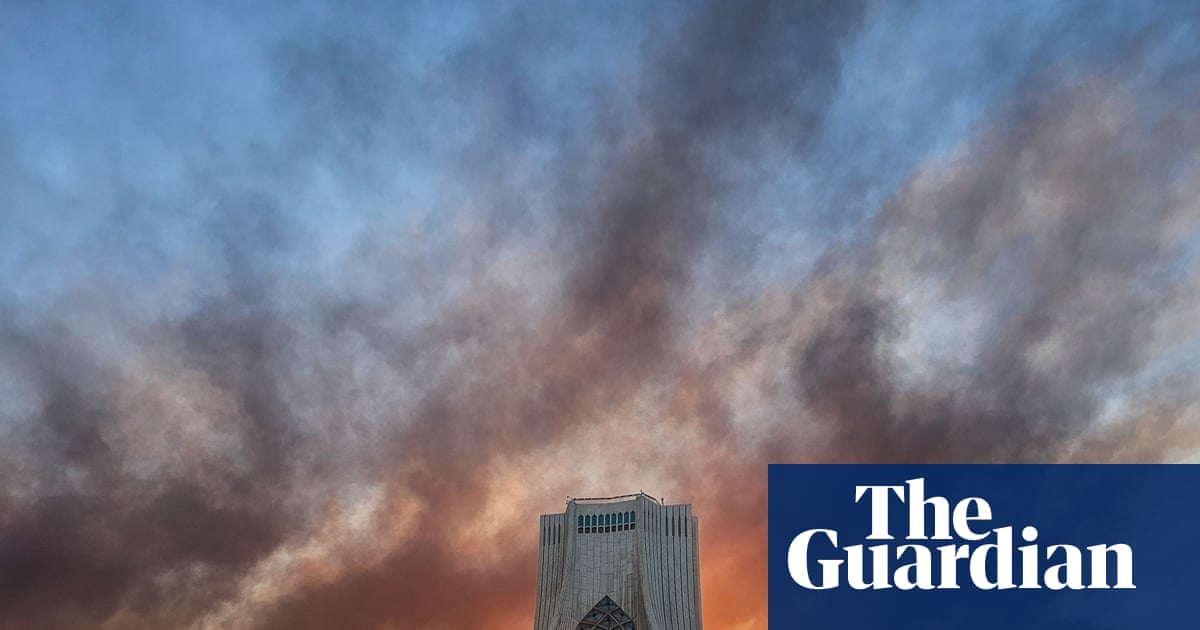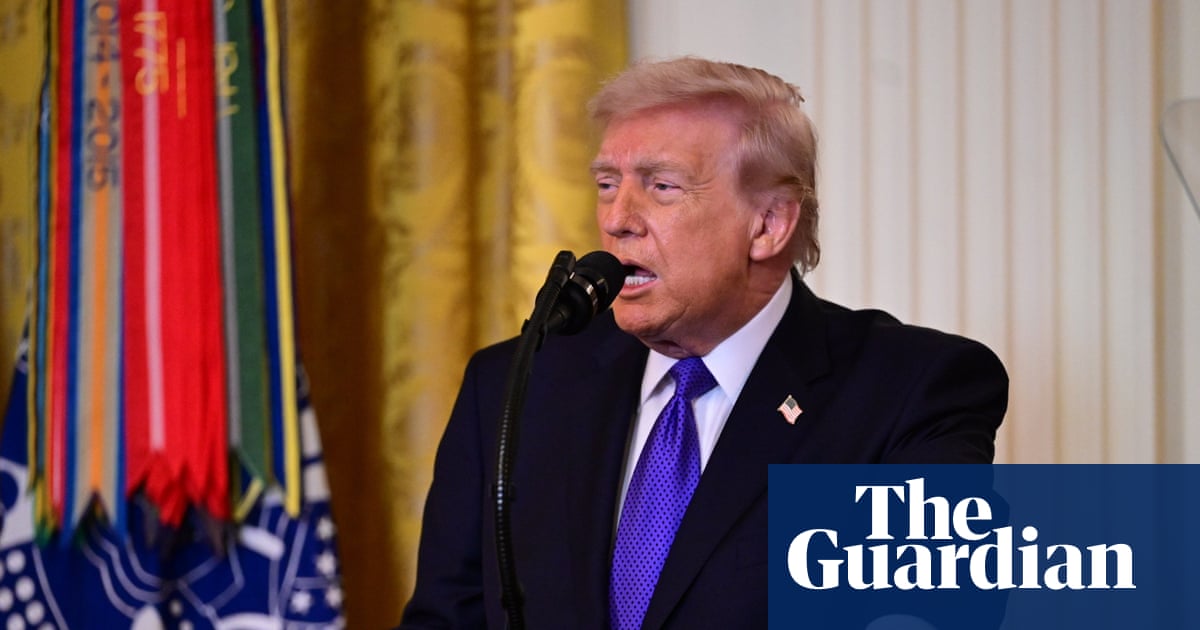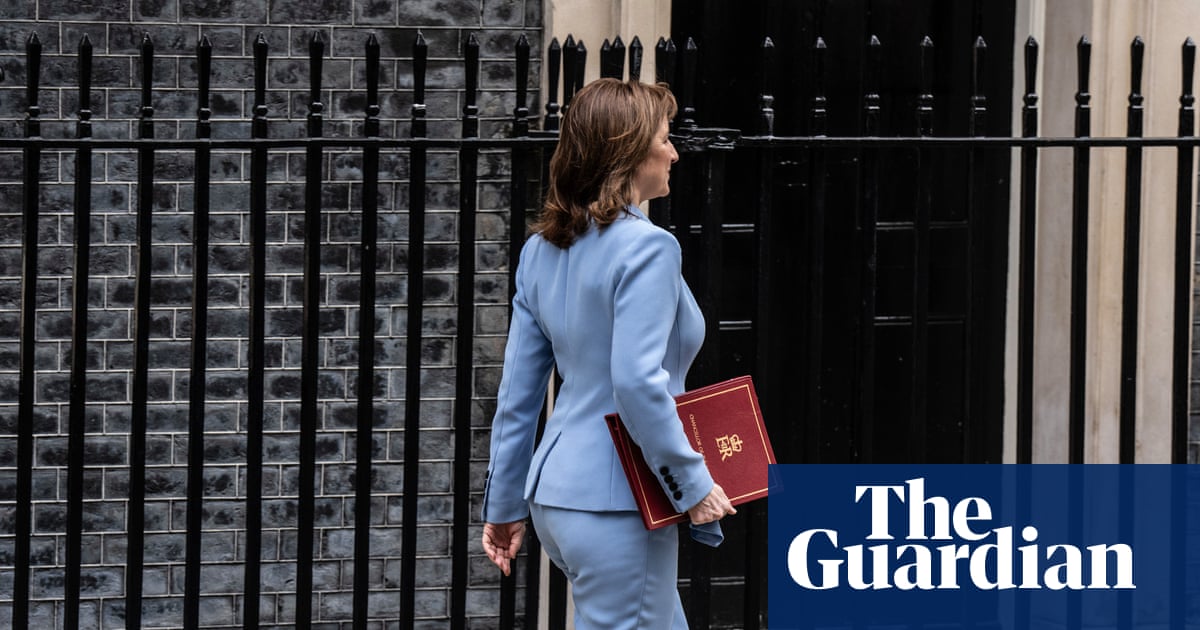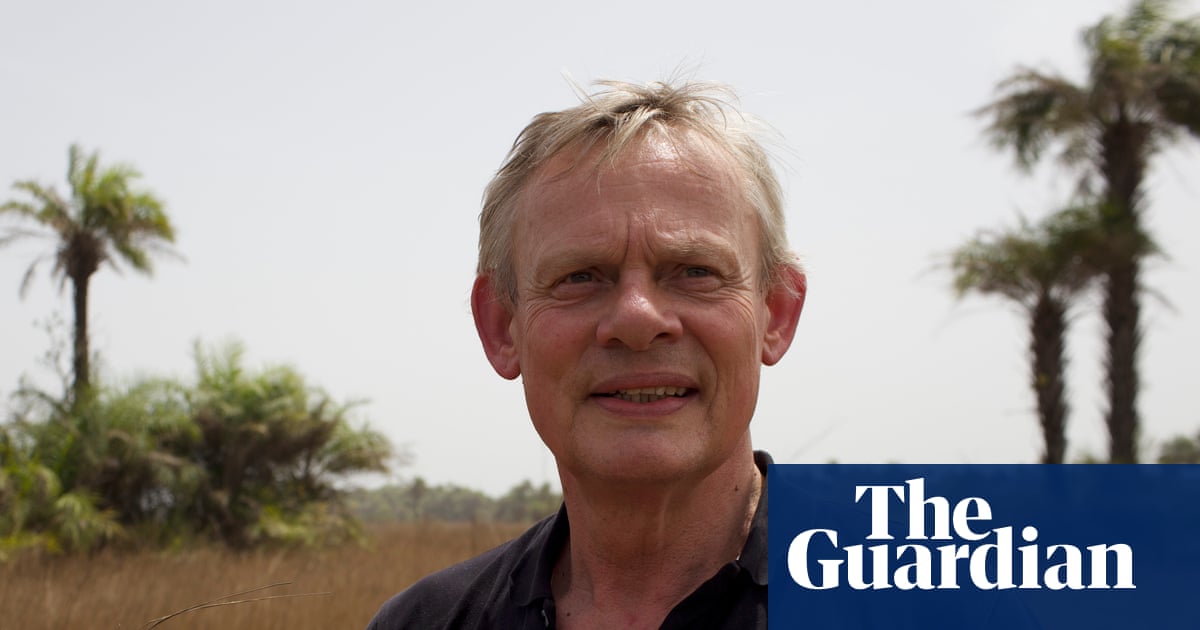In recent weeks China has released a series of statements, articles and photos, that analysts say signal an escalation in the ruling Chinese Communist Party’s approach to Taiwan.
Beijing claims Taiwan as a province and has vowed to annex it under what it terms “reunification”. China’s military is not believed to be capable of a full invasion yet, but senior officials have recently started using sharper language.
A series of “explainer” articles in state media in October outlined how Taiwan would be governed under Chinese rule: by vetted pro-China “patriots” in a “one country two systems” regime similar to that instituted in Hong Kong and Macau. Such a proposal has long been rejected by Taiwan, particularly after Hong Kong’s crushing of the “high degree of autonomy” the regime promised.
“The aim is to belittle Taiwan’s international standing, and Hong Kong-ify and Macau-ify Taiwan, to achieve the political objective of eliminating Taiwan’s sovereignty,” said the head of Taiwan’s National Security Bureau, Tsai Ming-yen of the articles.
The articles promised peace and economic prosperity, but also warned: “After reunification, risks of war, caused by “Taiwan independence” secessionists, will be removed and external interference will be prevented”.
Beijing has also recently added to its various historical revisions, designed to bolster its claim over Taiwan, with the designation of a new national holiday in China. Retrocession day, on 25 October is celebrated in Taiwan to mark the end of Japanese colonial rule, but Beijing has recast it as the day Taiwan was returned to China – specifically the China now ruled by the CCP.
Beijing has also become stricter in how it allows other countries to think about Taiwan. After Germany’s foreign minister said his country’s long standing position opposed “violent change” in the status quo that keeps the tenuous peace in the Taiwan Strait, China’s foreign ministry essentially accused them of supporting separatism.
“Those who only call for no change of the status quo across the Taiwan Strait and do not oppose ‘Taiwan independence’ are actually aiding and abetting ‘Taiwan independence’ separatist activities,” said foreign ministry spokesman Guo Jiakun.
Bonnie Glaser, managing director of the Indo-Pacific program at the US-based German Marshall Fund, said she had never heard that language from Chinese officials before, and it marked a significant shift.
“All these moves, including the activities around the ‘Taiwan retrocession’ Day, suggest that Beijing is more aggressively pressing for progress toward reunification,” said Glaser.
Late in October China’s state and social media released a series of satellite photos taken by China’s Jilin-2 satellite of some of Taiwan’s most famous tourist spots – the Alishan mountain range, Sun Moon Lake – and economic centres like capital city Taipei, and the Hsinchu Science Park.
The ultra high-definition images were captioned “across the strait, under one sky”. The Chinese embassy in the US posted them online with the words: “Taiwan is an inalienable part of China’s territory”.
“Every inch of Taiwan Province, China, is vibrant under the “Jilin-1” space satellite’s perspective,” it said.
Analysts say the message was obvious: Beijing could see “every inch” of Taiwan whenever it wanted.
In Taiwan, people and officials called the photos voyeuristic.
“If the point that China is trying to make with these satellite pictures is that it owns everything it took pictures of, then that’s just plain immature,” Wang Ting-yu, a Taiwanese legislator from the ruling Democratic Progressive Party, told local media.
Chinese officials sought to brush off the characterisation. “It is normal for Chinese satellites to look at the magnificent mountains and rivers of China’s Taiwan. There is nothing surprising about it,” Zhang Xiaogang, spokesperson for China’s Ministry of National Defense (MND), said.
Raymond Kuo, director of the Rand Corporation’s Taiwan Policy Initiative, said the escalated activity was perhaps more noticeable now, after a period of time in which China had been presenting itself as a stable global neighbour to counter the volatility introduced by the US and others. But there was potentially also strategy behind it.
Donald Trump is expected to meet Xi in Beijing in April, and these moves could help “prepare ground” for Xi seeking US concessions on its protection of Taiwan, Kuo said.
“Enforcing Taiwan’s isolation could make it easier for Xi to say ‘already no one deals with Taiwan’,” he said.
Song Bo, a fellow at Tsinghua University’s Center for International Security and Strategy (CISS), said it was all part of a two to three year “longer-term adjustment” of China’s Taiwan policy, and the lifting of self-imposed limits on how it manages and communicates about Taiwan.
“This isn’t about sudden escalation; it’s about China normalising actions it once restrained itself from taking,” said Song.
Additional research by Lillian Yang

 3 months ago
104
3 months ago
104

